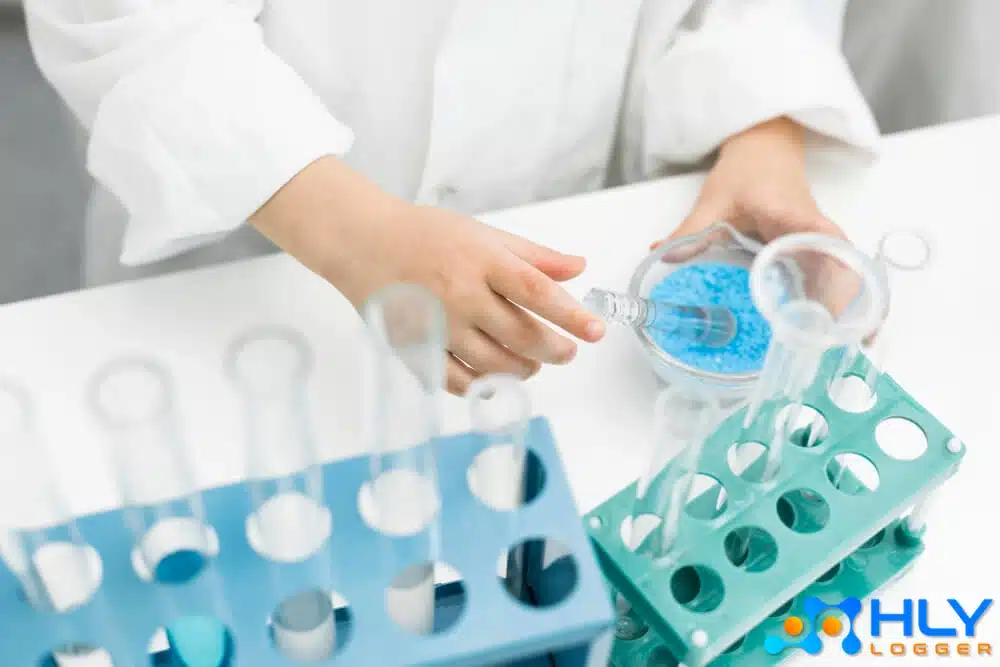In our previous article, we have discuss about the role of cold chain in the food industry. For this article, we will give our undestanding about cold chain management for pharmaceuticals. It is a complex process designed to protect pharmaceutical products from production to the consumer’s home. The management team is responsible for various tasks, including controlling temperature and maintaining the environmental conditions of pharmacological products. These tasks span from production, storage, and transportation to distribution across multiple locations.
Cold chain management is highly effective in supporting entrepreneurs in this industry, as many rely on advanced technology and innovation in their complex processes. The quality of pharmaceutical products and medicines remains as stable as when they first leave the production line. However, maintaining product integrity is crucial for ensuring consumer safety.
Most medicines and pharmacological products are sensitive to temperature. Certain products, such as insulin and vaccines, cannot be stored in extreme cold temperatures. Any error in implementing cold chain management for pharmaceuticals can result in the loss of product effectiveness.
For instance, overheating some antibiotic products during production can reduce their quality. A decrease in quality can lead consumers to seek alternative products from manufacturers with better cold chain management practices.
Furthermore, the misuse of pharmaceutical products and medicines can have serious consequences. Therefore, industry leaders, in collaboration with the government, must enforce strict regulations.
Contents
The Consistency of Cold Chain Management for Pharmaceuticals
Errors in implementing cold chain management for pharmaceuticals are common. These errors can vary and are often due to human error or a failure to follow instructions properly. Negligence in cooling, delays in delivery, and other disruptions can pose significant risks.
Strict regulations are essential for mitigating negligence and errors, ensuring that pharmaceutical products remain safe. Industry leaders and the government must work together to regulate the cold chain management process by establishing stringent standards.
Companies in this industry must comply with these regulations to protect their pharmaceutical products, ensuring they remain safe until consumed. Adhering to these rules can save many lives.
There are several key points that companies must follow to ensure smooth cold chain management operations:
Understanding the Role of Management
Companies adopting pharmaceutical cold chain management must fully understand their organizational structure. This includes identifying who is responsible for continuous monitoring, what technology is employed, who can quickly solve problems, and how documentation is managed.
The Need for Consistency and Reliability
Utilizing cold chain management for pharmaceuticals is essential for gaining consumer trust. Every aspect of the cold chain should guide the actions of the company’s management team. By consistently applying best practices and staying up-to-date with technological advancements in system operations, companies can enhance their reputation.
Manufacturer’s Journey
Every pharmaceutical company must understand the flow of cold chain management from the manufacturing process through research, design, packaging, storage, and finally, mass distribution. Communication between teams is crucial to ensure that all stages of the cold supply chain are secure.
Understanding the Distributor Flow
The quality of cold chain management for pharmaceutical products can be assessed during the distribution process. Logistics providers and wholesalers play a key role in continuously monitoring the environmental conditions of storage warehouses, refrigerated trucks, and other transportation needs.
The company must also communicate effectively with the recipients of the cold chain management of certain drugs or pharmaceutical products. Cold chain management for pharmaceuticals must adhere to regulations until the product reaches recipients, who must store the products safely with proper temperature control.
Recipients, such as doctors or nurses, must ensure that pharmaceutical products are in prime condition before administering them to patients, marking the final step in the cold chain management process.
How Cold Chain Management for Pharmaceuticals Works
The effectiveness of cold chain management for pharmaceuticals depends on several operational points that companies must ensure. These include the following:
Real-Time Data Monitoring
The entire cold chain management system must continuously monitor the temperature to ensure the product remains within the correct range. If deviations occur, immediate reporting and on-the-spot evaluation are necessary.
Real-time monitoring is made possible through sensors that detect even slight environmental changes. These sensors can also issue warning signals to prompt immediate action. Companies must have a well-prepared emergency plan, according to operational standards, to address unexpected temperature changes.
Risk Assessment
Companies can increase profitability by ensuring that their real-time monitoring processes run smoothly. This is followed by risk assessment, where potential hazards in cold chain management for pharmaceuticals are identified.
Companies must develop mitigation strategies that rely on technology. These strategies should address not only potential hazards but also minimize operational disruptions. Risk assessments should be conducted carefully at least once a year.
Training for Workers
Teams involved in cold chain management for pharmaceuticals must fully understand their roles, the importance of their tasks, and how their performance impacts end-users. Workers should undergo regular training, continuous learning, and evaluations to assess their mastery of the subject.
Training should cover temperature control and how deviations affect product quality. Each employee must receive job-specific training, including understanding short learning modules, the latest industry regulations, and the technology used daily.
Data Loggers
Workers can also familiarize themselves with devices from HLY TECHNOLOGY CO., LIMITED. We provide everything needed to protect the quality of pharmaceutical products, medicines, and tissues or body parts. Our range of data loggers measures temperature in real-time and helps you quickly evaluate deviations. You can feel secure and confident in storing and shipping pharmaceutical products, regardless of the distance.


